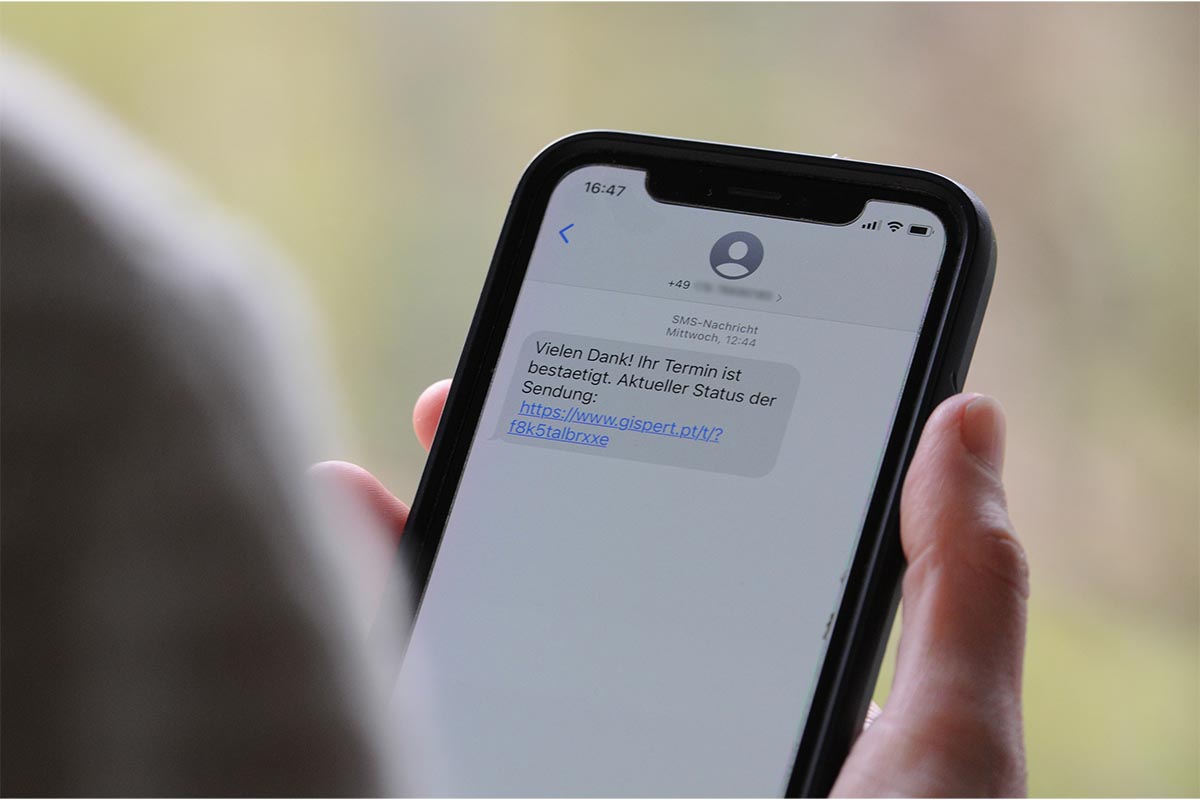That random and obvious spam text offering you a gift? At first glance, it seems to have been sent by, well, you.
That’s the odd conundrum faced by some Verizon users over the past few weeks, as reported by Chris Welch of The Verge — who was also recently spammed by his own phone. “As best my iPhone could tell, it was a legitimate message from me to myself,” he writes. “Tapping into the sender details took me to my own contact card … it’s all very ‘the call is coming from inside the house.’”
Other Verizon users have reported this issue on Reddit, with one commentator noting, “[The] issue is I can’t go reporting myself as spam.”
It appears that this text message phishing, or “smishing,” is on the rise; Verizon is currently blaming “bad actors” for these spoofed texts, which can seemingly evade spam protection because, in part, it appears that the messages are coming from the users themselves.
“Verizon is aware that bad actors are sending spam text messages to some customers which appear to come from the customers’ own number,” as Verizon spokesperson Rich Young told The Verge. “Our team is actively working to block these messages, and we have engaged with US law enforcement to identify and stop the source of this fraudulent activity. Verizon continues to work on behalf of the customer to prevent spam texts and related activity.”
The company also claims this appears to be a targeted attack and that they’re working with U.S. law enforcement to figure out where these spoofing attacks are originating — which so far doesn’t appear to be Russia, although the texts many users have received are linking to Russian state media sites.
So, how to fix this? Your options aren’t great until Verizon fixes the issue on their end, but you can forward spam texts to SPAM (7726) or fill out a form on the FCC site, where spoofing/receiving unwanted messages is a menu option.
Thanks for reading InsideHook. Sign up for our daily newsletter and be in the know.


















